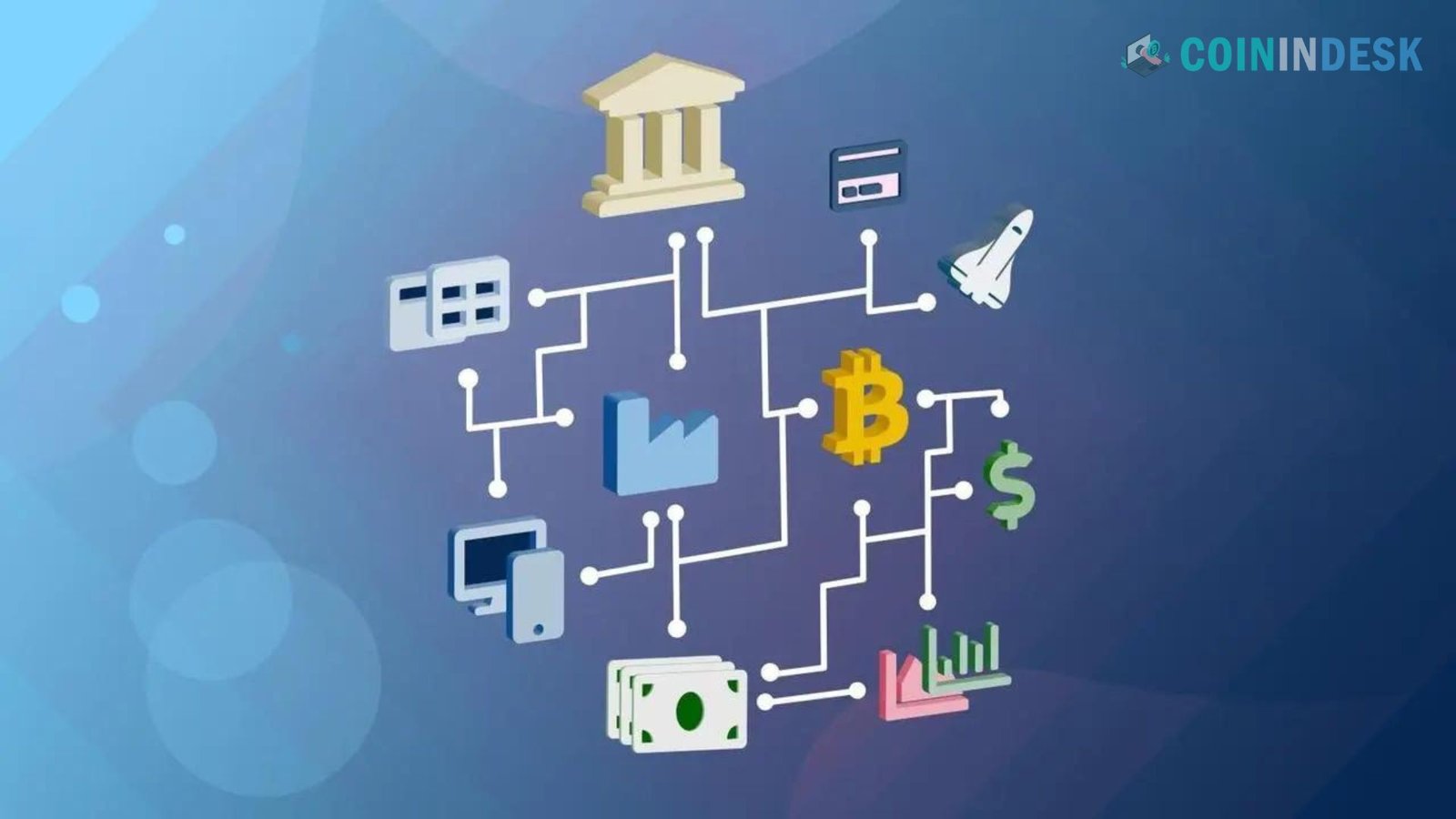Cryptocurrency and financial inclusion are starting to converge, and the possibilities for empowering people who don’t have bank accounts are enormous. To create a more equitable financial system, this essay will investigate how digital assets can help close the gap in access to conventional financial services.
Understanding Financial Inclusion
When people, especially those from marginalized or unbanked communities, can easily access banking and other financial services, they are financially included. Important for fostering economic stability and wealth creation, it allows individuals to participate in the financial system actively. Due to the continued prevalence of access restrictions in many areas, tackling financial inclusion will be a top priority in 2023.
Challenges in Traditional Banking
For people who do not have bank accounts, traditional banking has presented several obstacles that make it harder for them to become financially included. Those most in need are frequently left out due to high costs, a lack of physical branches in outlying areas, and strict prerequisites. Furthermore, conventional banks might ignore the requirements of the unbanked, perpetuating their isolation and limiting their access to financial independence.
The Role of Financial Services
Financial services can largely fill the gap between the banking system and the unbanked. They make it easier to do financial transactions by offering necessary services and products, such as savings accounts and loans. To guarantee that even the most disadvantaged people may participate in the financial system, policymakers should establish frameworks encouraging inclusive financial services’ growth.
The Rise of Cryptocurrency

Cryptocurrency is a form of digital currency that operates on blockchain technology, allowing for decentralized transactions without the need for traditional financial institutions. Cryptocurrencies provide a secure method for transferring value by utilizing cryptographic techniques, thereby democratizing access to financial services. In recent years, the rise of crypto has prompted discussions about its potential for financial inclusion.
Types of Cryptocurrencies
From established digital assets like Bitcoin to newer, more obscure altcoins, the cryptocurrency landscape is vast and diverse. Among cryptocurrencies’ many possible applications and characteristics are remittance services and international money transfers. Gaining a comprehensive grasp of digital currencies is crucial to utilize their potential to promote financial inclusion, especially as the bitcoin landscape changes.
Advantages of Using Crypto
There are several ways in which cryptocurrency might help broaden access to financial services. Crypto can enable financial transactions that are frequently unavailable through conventional banking channels because of lower transaction fees and quicker processing times. Also, by giving people who don’t have bank accounts a way to get their hands on money, cryptocurrencies help spread awareness about personal finance and consumer rights.
Bridging the Gap for the Unbanked
Who Are the Unbanked?
People who do not have access to conventional banking services are known as the unbanked. This is generally because of social or economic exclusion and physical distance. Families with low incomes, people living in rural areas, and marginalized populations are usually part of this group. There is an urgent need for creative financial solutions in 2023, as almost 1.7 billion adults worldwide do not have bank accounts. To effectively address financial inclusion, it is vital to understand the requirements of those who do not have bank accounts.
Barriers to Accessing Traditional Banking Services
High costs, inadequate documentation, and a lack of physical branch availability are just a few of the obstacles that people who do not have bank accounts face when trying to use traditional banking services. Because of the high standards set by conventional banks, many people cannot open bank accounts or get loans, perpetuating the cycle of exclusion. Because of this isolation, many unbanked people in many areas are less likely to be financially literate, limiting their potential to acquire wealth.
How Cryptocurrency Can Help
To those who do not have access to traditional banking services, cryptocurrency is a viable option. Crypto allows for safe, decentralized transactions through blockchain technology, eliminating the necessity for centralized financial institutions. In the long run, this democratizing financial services can promote financial freedom by equipping the unbanked with the means to manage their own money, make digital payments, and participate in the financial market.
Decentralizing Financial Transactions

The Decentralized Nature of Cryptocurrencies
There is no longer a need for centralized financial institutions because of the decentralized nature of cryptocurrencies, which is a major advantage. Cryptocurrencies’ decentralized nature and reliance on peer-to-peer networks make them an attractive alternative to the fee- and regulation-laden traditional banking system. For people who don’t have bank accounts or who encounter difficulties using conventional banking services, this decentralization means more access to financial services.
Cross-Border Transactions Made Easier
Traditional banking systems can be expensive and slow to handle cross-border transactions. However, cryptocurrency makes things easier by allowing cheap and quick remittance services. Regardless of location, one can instantly send and receive funds using digital assets. People without bank accounts can greatly benefit from this function because it allows them to receive money sent to them by family members working overseas, which helps them stay financially stable.
Reducing Transaction Costs
Cryptocurrency transactions are far cheaper than regular banking, a major benefit. Particularly for those without bank accounts, the hefty costs of bank transfers can be too much to bear. By enabling consumers to conduct monetary transactions with little or no fees, cryptocurrencies offer a cost-effective option. With these prices cut, more people can afford to use vital services, which expands opportunities for financial inclusion.
Addressing Financial Inclusion Through Crypto

Access to Credit via Cryptocurrencies
Due in large part to the rigorous standards set by conventional banks, many unbanked people find it very difficult to gain access to credit. By providing decentralized lending platforms, cryptocurrencies have the potential to completely alter this market by cutting out intermediaries and facilitating direct lending and borrowing between users. This innovation opens the financial industry to previously unbanked communities by democratizing credit and improving access to financial services.
Empowering Low-Income Individuals
Limiting their financial options, low-income individuals frequently encounter obstacles that prohibit them from interacting with conventional banking systems. These people can gain agency with cryptocurrencies because they open doors to previously inaccessible digital assets and financial services. Less fortunate users can use blockchain technology to conduct transactions, increase their financial literacy, and foster possibilities to generate wealth, leading to more independence and security in their financial lives.
Case Studies: Successful Implementations
Numerous case studies demonstrate how cryptocurrency solutions have been effectively used to broaden access to financial services. For example, projects facilitating cryptocurrency remittances have demonstrated considerable potential in areas where conventional banking is unavailable. By lowering transaction costs and making cash instantly accessible to the unbanked, these initiatives highlight cryptocurrencies’ significant role in connecting the unbanked to the financial sector.
Challenges and Considerations
Regulatory Hurdles
Regulatory roadblocks are a major obstacle for cryptocurrencies, even if they can solve financial inclusion. How to incorporate cryptocurrency into preexisting monetary systems is a problem that policymakers worldwide are still trying to solve. There needs to be a middle ground that encourages development while safeguarding consumers within the financial system, as these regulations have the potential to either limit innovation or pave the way for safe and ethical crypto use.
Security Concerns
Unbanked people, who may not know how to navigate this digital terrain safely, have further reason to be extremely concerned about the security of cryptocurrency. Huge monetary losses are possible due to problems including hacking, fraud, and the permanent character of blockchain transactions. Improving consumer protections and financial literacy programs that enable people to participate safely with digital assets and crypto is necessary to address these security concerns.
Read More: Faucet Crypto Coins: A Gateway to Earning Cryptocurrency
Future of Crypto and Financial Inclusion
With the financial industry constantly innovating, the future of Bitcoin and financial inclusion seems bright. To address the drawbacks of digital and traditional banking, a hybrid solution may be on the horizon with the advent of central bank digital currencies (CBDCs) that coexist with current cryptocurrencies. The world’s unbanked people may gain from this development if it leads to a more inclusive financial system and expanded access to financial services.


